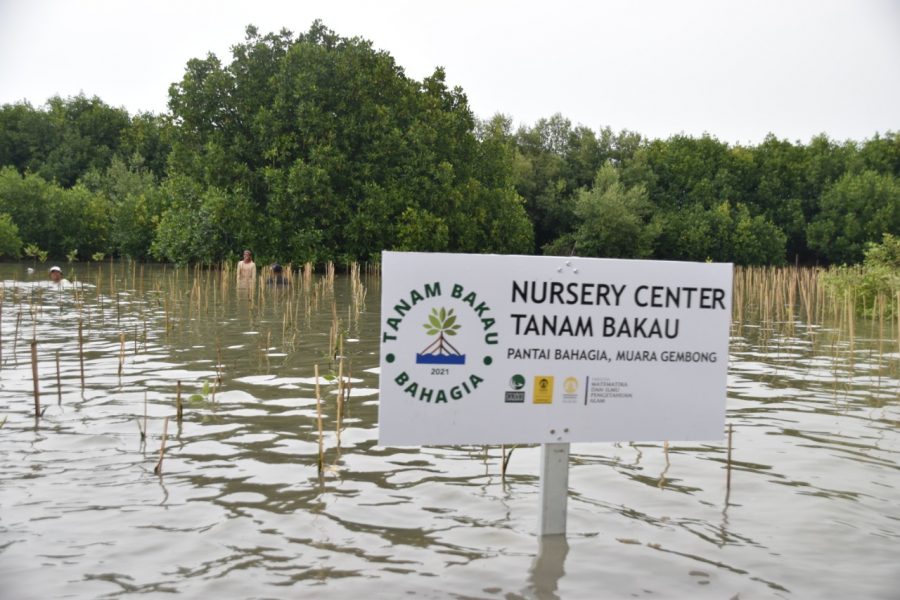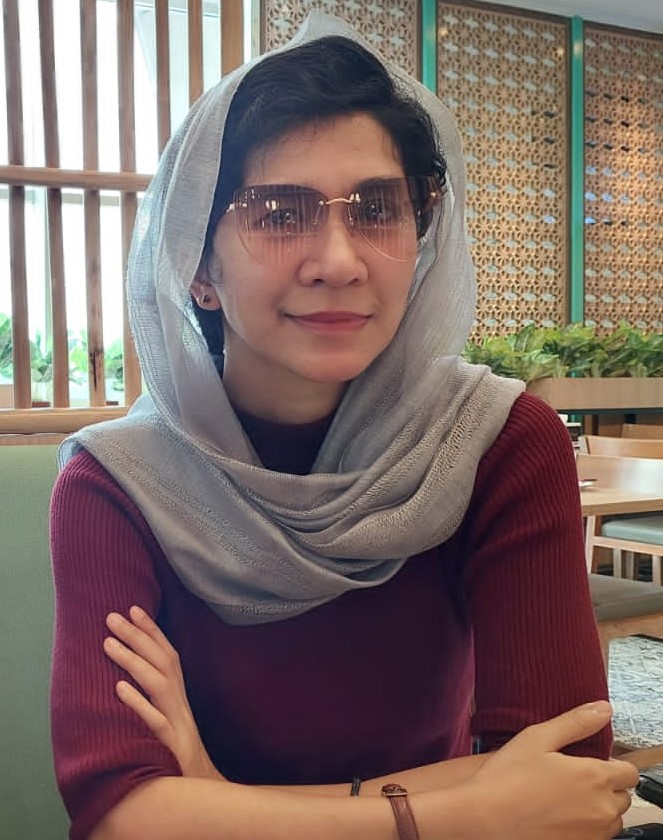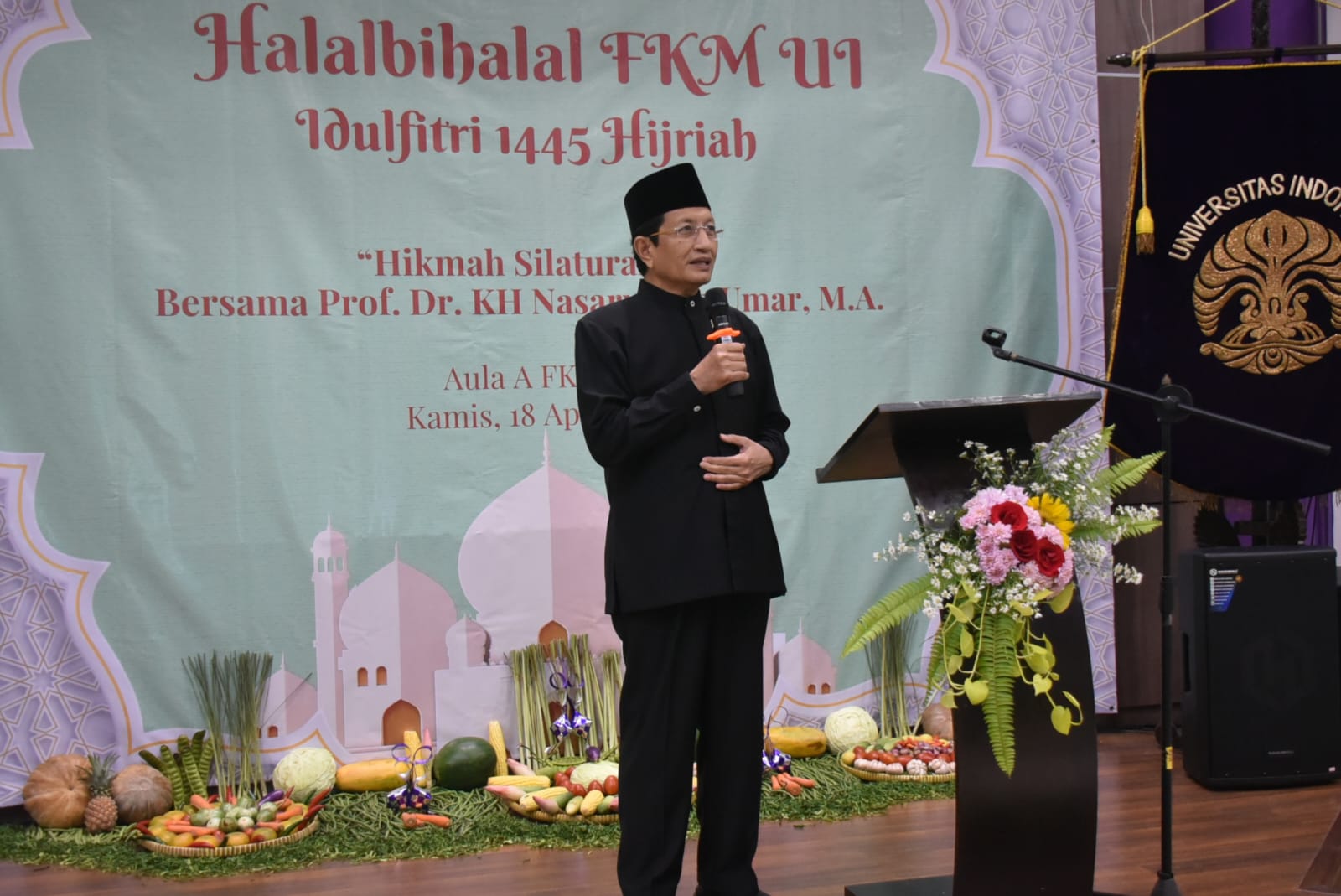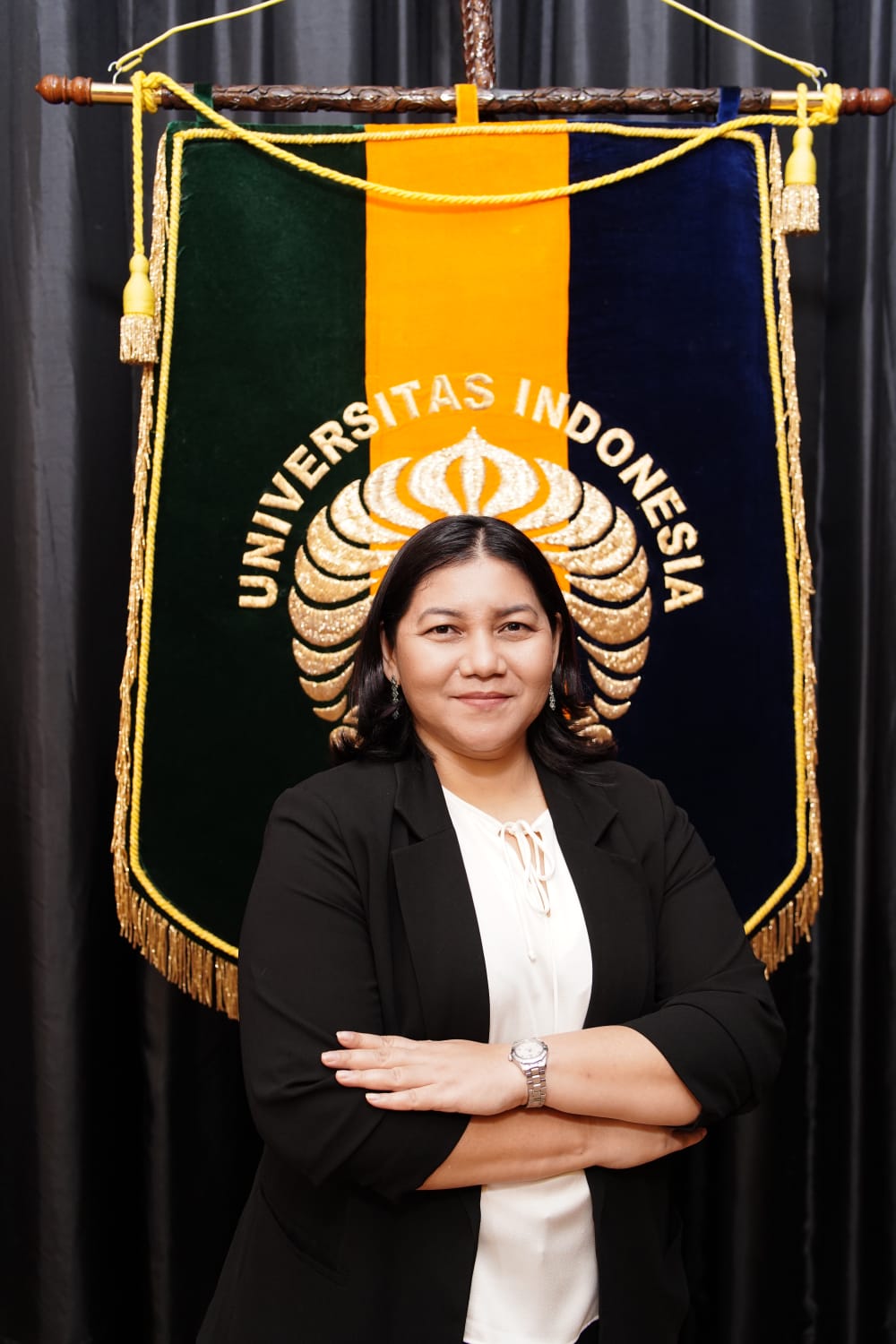
Because of the concerns about the abrasion that emerged on Muara Beting Beach, Bekasi, due to tidal flooding, a team from the Faculty of Mathematics and Natural Sciences, Universitas Indonesia (FMIPA UI), took part in community service activities to that location. This abrasion has a major impact on the lives of the people of Pantai Bahagia Village, especially on the livelihoods of local fishermen.
Tanam Bakau Bahagia Team planted 500 mangrove seedlings at Muara Beting Beach, Pantai Bahagia Village, Muara Gembong, Bekasi Regency, in mid-November. “The frequent tidal floods have a very big impact on local residents, especially if the floods recede in about 4-7 days. The children who want to go to school were also disturbed, many crab ponds were also affected, and the harvest failed,” said Siti Mardianah, a local resident.
Planting mangrove seedlings was expected to be able to minimize the impact of abrasion and increase the welfare of the residents of Pantai Bahagia Village. Apart from being an effort to deal with abrasion, planting mangroves was also expected to have an impact on the preservation and conservation of marine biota.
“The development of mangrove beach ecotourism and the utilization of marine biota such as fish, shrimp, crabs and snails are expected to be able to increase the income of local residents and make Pantai Bahagia Village an unmissable destination in Bekasi Regency,” said Dr. Retno Lestari, M.Sc. as the supervisor of the community service team.
The series of community service activities involving 15 residents consisted of socialization and education about the benefits of mangroves, collectively encouraging mangrove care programs, and creative ecotourism programs based on the restoration of estuary ecosystems. According to her, mangrove planting activities play an important role in restoring the damaged mangrove ecosystem. Mangroves are known to be able to withstand waves of sea water abrasion and can push the development of sustainable ecotourism. Mangroves can be a habitat for various animals including shrimp, crabs, fish, and snails which can be processed into nutritious food choices.
Ecotourism is an environmentally friendly tourism activity that prioritizes aspects of nature conservation, empowerment, socio-economic, local community culture and learning, and education. There are four main strategies in the effort to develop mangrove ecotourism areas that would be developed by the team with villagers and the local government, namely maintaining the mangrove forest environment so that it remains sustainable, developing facilities and infrastructure to support mangrove tourism activities, developing information on the importance of maintaining mangrove ecosystems, and increasing monitoring system for environmental damage due to tourism activities.
Planting mangrove which was carried out with the community or also called ecosystem preservation efforts like this was expected to become an integrated conservation effort and could provide benefits to the community directly. Tanam Bakau Bahagia Team of FMIPA UI consisted of ten students led by Bismi Yasinta Maharani and Dr. Retno Lestari, M.Sc. as the supervisor.



